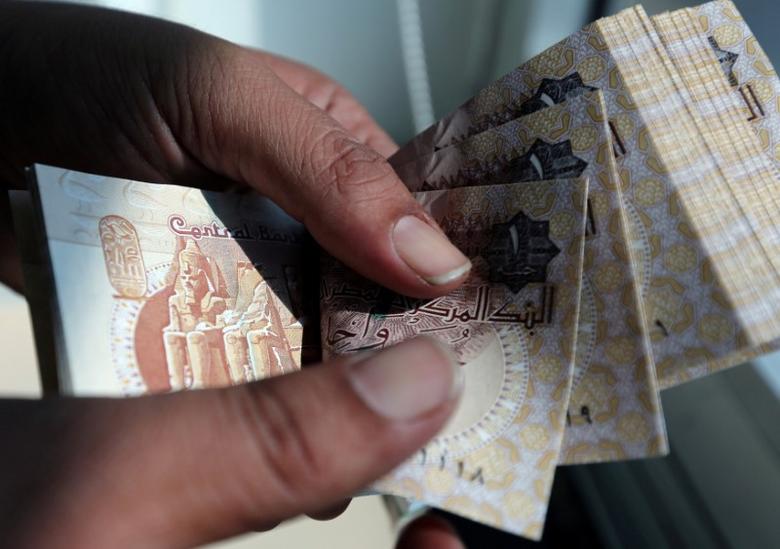
Egypt’s surprise rate hike a boon for foreign investors
International investors purchased more than 800 million U.S. dollars in Egyptian government Treasury bills on Thursday, a day after the country devalued its local currency and increased its main lending rate by 600 basis points to 27.25 percent.
The Egyptian pound dropped from a level of 30 pounds per dollar to 49.50. Traders said the surprise move by the Central Bank of Egypt on Wednesday injected much-needed investor confidence. Many investors avoided Egypt’s market for fear of devaluation and a shortage of dollars to repatriate their funds. They are now expected to return to investing in Egypt’s government paper.
Head of Financial Markets at the African Economic Council, Ayman Fouda said the surprise move would undo the forex black market.
In its statement, the Central Bank said it adopted the announced measures as part of a set of comprehensive economic reforms in coordination with the government and backed by steadfast support of multilateral and bilateral partners. The bank noted that while the tighter stance would result in a short-term contraction in the private sector’s real credit growth, the persistence of excessive inflationary pressures posed greater risks.
Indeed, a few hours after the government announcement, the International Monetary Fund announced an expanded 8 billion U.S. credit line to Egypt which augmented another 35 billion U.S. dollar investment deal by the United Arab Emirates.
Credit rating agency Moody’s later revised its outlook on Egypt from negative to positive citing the significant official and bilateral support.
The capital injections are expected to enable the government to clear a backlog of around 7 billion U.S. dollars in foreign debt for the current financial year. With less pressure on its forex reserves, the government is also expected to push down inflation from the current rate of 30 percent to single digits.
Prices have steadily risen over the last couple of years, partly due to the impact of the coronavirus pandemic, and the conflict between Russia and Ukraine, which strained the supply of wheat – a staple in Egypt.
The conflict in Gaza also affects Egypt by reducing revenue from the Suez Canal by over 50 percent as ships use alternative routes to avoid attacks on the Red Sea channel by Yemen Houthis.






